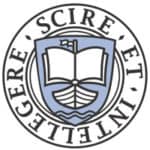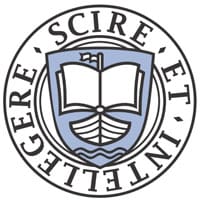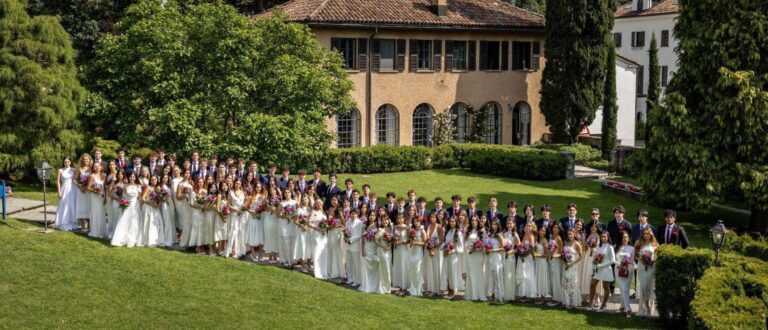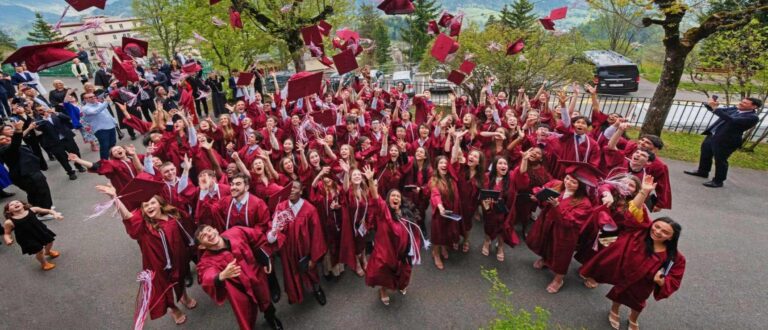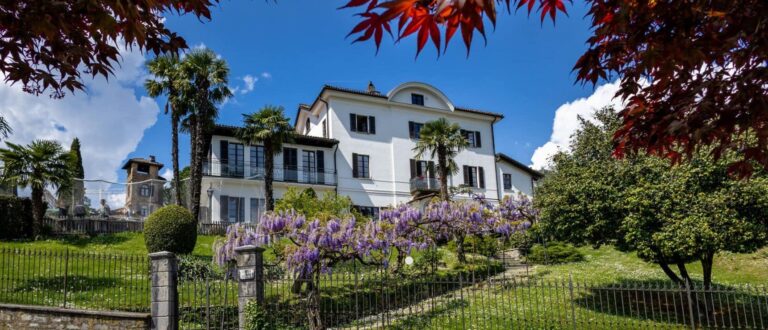Both Switzerland and the UK are major global players in education. However, compulsory and post-compulsory education in Switzerland and the UK differ widely in terms of aims, standardisation, centralisation, school management, and the role of the teacher, to mention but a few aspects.
Switzerland – the cutting edge in education
The Swiss have the world’s best vocational training and the UK probably the world’s best university entrance examination system (A-levels). One of the most striking features of the Swiss educational system is its ingenious architecture with its permeability and the balance between general education and vocational training. The UK system is more lopsided in its emphasis on academic education and its disregard of crafts. Switzerland and the UK jointly have more highly ranked universities than all of the EU put together.
Despite its diminutive size, Switzerland currently counts eight or more universities in the top 200 in the world, and several in the top 20 or 30, including the Zurich and Lausanne Institutes of Technology, the world’s best hotel management college in Lausanne and continental Europe’s best business school in St Gallen.
Three types of “Matura”/ “maturité”/ “maturità”, three kinds of post-compulsory education in Switzerland
Compulsory education ends with Year 9 (called Year 11 in “la Romandie”, but not in this book), the last year of lower secondary school (“Sekundarstufe I”, “degré secondaire I”, “livello secondario I”).
This year marks the beginning of upper secondary school (“Sekundarstufe II”, “degré secondaire II”, “livello secondario II”). At this point, students are either offered a place at an academic elite school or they opt for an apprenticeship – with or without a vocational university entrance exam (“Berufsmatura”, “maturité professionnnelle”,“maturità professionale”)—or a specialised middle school (FMS, “école de culture générale et de commerce”, “scuola specializzata”) with a specialised university entrance exam (“Fachmatura”, “maturité spécialisée”, “maturità specializzata”).
Some students with pronounced learning issues are placed in special-needs schools. Vocational university entrance qualifications afford access to universities of applied sciences and higher vocational colleges. There is also a one-year foundation programme (“Passerelle” in German and French or “passerella” in Italian) bridging the gap between vocational university entrance exams and traditional universities.
Holders of a traditional university entrance qualification (“gymnasiale Maturität” / “maturité gymnasiale” / “maturità liceale”) have access to traditional universities, higher vocational colleges, teacher-training colleges and universities of applied sciences, though the latter require holders of the “gymnasiale Maturität” / “maturité gymnasiale” / “maturità liceale” to complete an extended internship of up to one year prior to admission.
Vocational middle schools and specialised middle schools
Vocational middle schools tend to be part of vocational schools. They prepare students for the vocational university entrance examination (“Berufsmaturität BM”/“maturité professionnelle MP”/“maturità professionale MP”), either in parallel to apprenticeships (BM I, MP I) or following apprenticeships (BM II, MP II). There are many different types of this examination ranging from commercial to technical and from health care to hospitality and catering.
Specialised middle schools (“Fachmittelschule FMS”, “école de culture générale et de commerce”, “scuola specializzata”) come in different types and focus on communications, media and information, pedagogy (for future teachers), social work, health care, and science, art & design or performing arts. There are also specialised middle schools for business studies and information technology with a full-time programme of 2–3 years and an extended internship. Graduates receive a specialised university entrance qualification (“Fachmaturität”, “maturité spécialisée”, “maturità specializzata”).
Permeability—Perhaps the main strength of the Swiss educational system
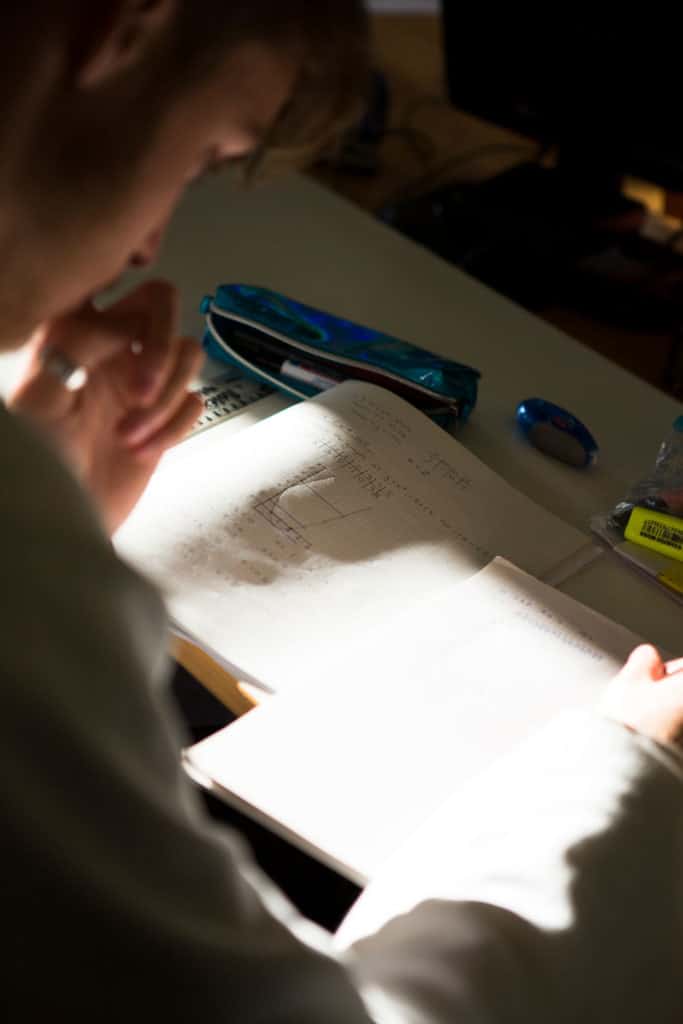
Whoever completes compulsory education in Switzerland has the choice of an upper secondary school or an apprenticeship. Years 10 to 12 or 13 are called “Sekundarstufe II” (upper secondary school level), during which students attend an academic elite school (“Kurzgymnasium”, “lycée”, “collège”, “école de maturité”, “liceo”) of three to five years and take the Swiss university entrance examination (“gymnasiale Matura”, “maturité gymnasiale”, “maturità liceale”) in order to gain access to traditional universities.
Others attend a four-year specialised middle school (“Fachmittelschule”, “école de culture génerale”, “scuola specializzata”), with three years of full-time instruction leading up to a specialised middle school certificate (“Fachmittelschulausweis”, “certificate de culture générale”, “certificate di scuola specializzata”) affording access to higher vocational colleges, with an optional fourth year (including an internship, projects or further tuition) leading up to a specialised university entrance examination (“Fachmatura”, “maturité spécialisée”, “maturità specializzata”) that grants access to universities of applied sciences (“Fachhochschulen”, “hautes écoles universitaires”, “scuola universitaria professionale”).
Whoever completes an apprenticeship attains a federal vocational certificate (“eidgenössisches Fähigkeitszeugnis”, “certificate fédéral de capacité”, “certificato federale di formazione pratica”). Shorter apprenticeships (two years) lead to a lower-level qualification (“eidgenössisches Berufsattest”, “attestation fédérale de formation professionnelle”, “attestato federale di capacità”), which can be upgraded.
Apprenticeships are available with basic or more intensive education at a vocational middle school (“Berufsmittelschule”, “école de maturité professionnelle”, “scuola professionale”) either during or immediately after the apprenticeship leading up to the vocational university entrance examination (“Berufsmaturität”, “maturité professionnelle”, “maturità professionale”), with direct access to universities of applied sciences.
Higher vocational colleges (“Höhere Fachschulen” or HF, “école supérieure” or ES, “scuola superiore specializzata” or SSS) are open to everyone who has finished an apprenticeship, a vocational university entrance qualification (“Berufsmatura”, “Fachmatura”, “maturité professionnelle”, “maturité spécialisée”, “maturità professionale”, “maturità specializzata”) or a university entrance qualification (“gymnasiale Matura”, “maturité gymnasiale”, “maturità liceale”).
Universities of applied sciences are directly accessible to holders of a vocational or specialised university entrance qualification. Holders of university entrance qualifications (“gymnasiale Matura”, “maturité gymnasiale”, “maturità liceale”) have direct access to traditional universities and higher vocational colleges, but need to complete an internship of about one year before being admitted to universities of applied sciences.
Holders of a vocational or specialised university entrance qualification can also side-step into traditional university by completing a one-year foundation programme called “Passerelle” (“passerelle”, “passerella”) or by taking the university entrance examination (“gymnasiale Maturität”, “maturité gymnasiale”, “maturità liceale”) for adults at an adult college (in German this is also called “Matura auf dem zweiten Bildungsweg”). This permeability (“Durchlässigkeit”, “perméabilité”, “permeabilità”) is perhaps one of the chief features of the Swiss system and also one of its greatest strengths.
Robin Hull,
author of ‘A Guide to the Swiss educational system’
This is an excerpt from the only overview of the Swiss educational system in English currently in existence for parents with an international background. It can be ordered on www.guideto.ch
